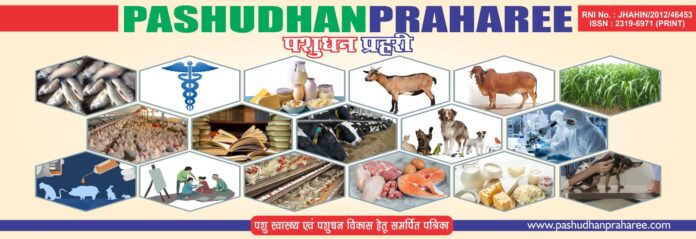Guidelines for the Production, Control and Regulation of Snake Antivenom Immunoglobulins
A snake milker is a specialist zoologist who is able to extract venom from snakes and other venomous reptiles for the purpose of creating anti-venom or for medical research.
A snake milker is a type of herpetologist which in turn is a type of zoologist. People who work in this highly specialized area extract venom from snakes and other reptiles which produce venom that could cause illness and death. They are specially trained in handling these sensitive and protected animals which often have legal protection. To become a snake milker requires many years of education. There are two main purposes for the extraction of venom.
The first is that such venom has potential research properties. Biological scientists may be looking for specific genetic markers or attributes of the venom to test in a range of medical applications. Treatments and cures can often come from the most surprising of places. Specifically, venoms have been used to treat blood clots, combat blood pressure and reduce heart attack risk.
The second main reason for extracting venom is for emergency procedures. When bitten by a snake, a patient could potentially have just a couple of hours to live without treatment. Snake milkers remove the venom so that medical professionals can create anti-venom to treat the affected person.
Snake milking is a highly specialized and niche career category within the zoology industry. Most snake milkers work in a laboratory setting extracting venom for use in medical research or treatments. Job responsibilities for snake milkers generally include:
- Use specialized laboratory equipment to extract venom from living snakes
- Calibrate and maintain laboratory equipment
- Become knowledgeable in the safe handling of venomous snakes, as well as medical treatment procedures in the event of a snake bite
- Handle, label, catalog and store snake venom after extraction
- Perform care tasks for snake specimens as needed, including feeding, administering medications and documenting health, diet or behavior
WHO Guidelines for the Production, Control and Regulation of Snake Antivenom Immunoglobulins can be Downloaded from here:
Guidelines for the Production, Control and Regulation of Snake Antivenom Immunoglobulins



